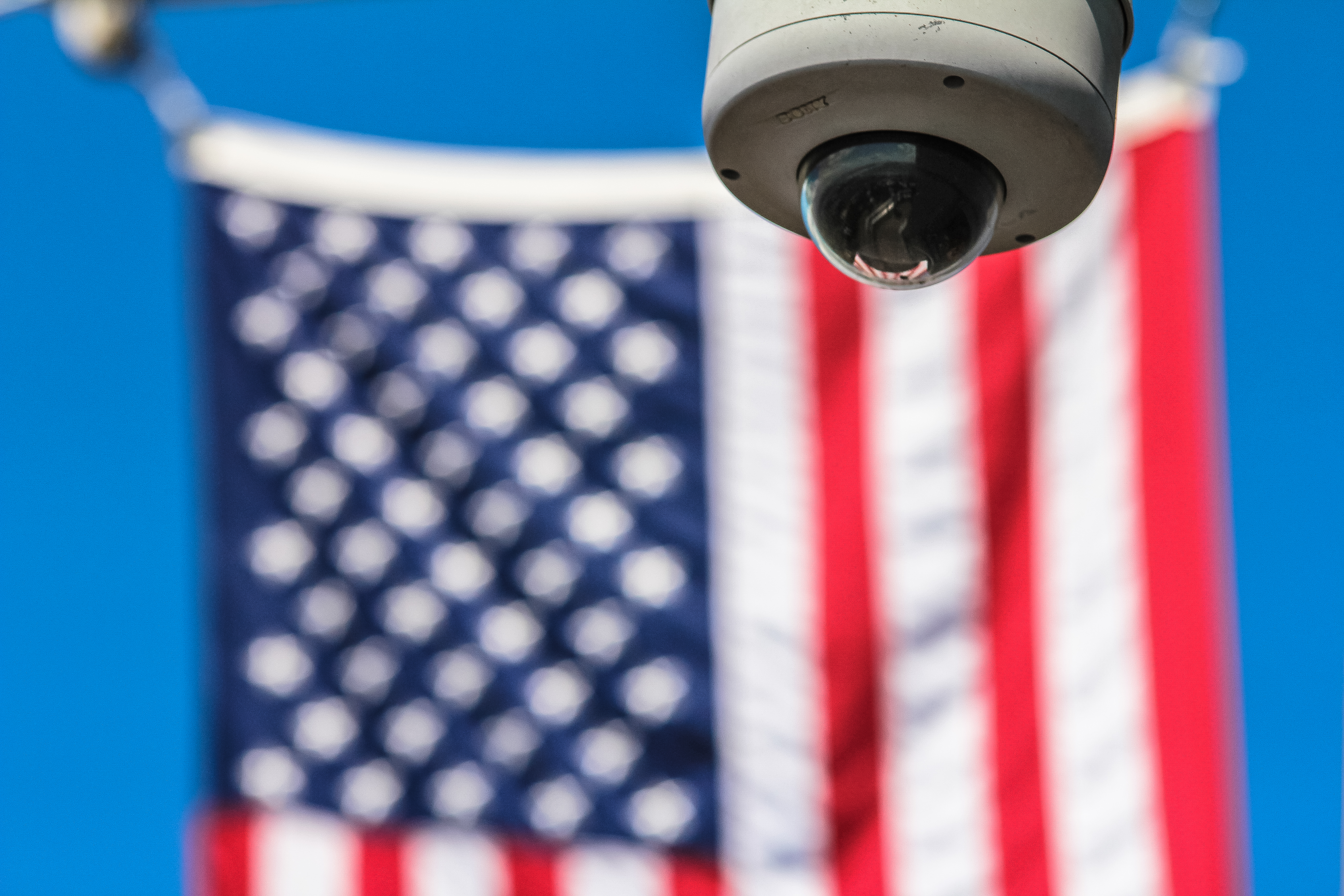
As you may be aware, social media and the press are all abuzz about the secret recording of Taylor Swift by Kanye West, during a phone call, made without her consent or knowledge. Questions were raised about whether Kanye had violated Taylor’s privacy rights, putting Kanye at risk for possible criminal and civil penalties.
So you may be wondering, as a business owner, why is it important to be familiar with your state’s wiretapping laws? The law may come into context if you record negotiations with another party over the phone. Or perhaps you have a problematic employee and HR would like to record a phone conversation with that employee. Knowing the requirements of your state can help you ensure that your business is protected from future claims of violation of privacy rights.
The states take two general approaches to wiretapping. There are “One-Party Consent Statutes” and “All-Party Consent Statutes.”
“One-party consent” statutes permit individuals to record conversations to which they are a party, without informing the other parties that they are doing so. As long as you are a party to the conversation, it is legal for you to record it. Thirty-eight states and Washington, DC have one-party statutes for wiretapping.
Georgia has a “one-party consent” law, which makes it a crime to secretly record a phone call or in-person conversation “originat[ing] in any private place” unless one party to the conversation consents. See Ga. Code § 16-11-62(1). Therefore, you would not be committing a crime for recording a conversation if you are a party to that conversation or you get permission from the other party in advance. But, if you intend to record conversations with a party located out of state, consider running it by your attorney or playing it safe by getting the consent of all parties, prior to recording.
Be advised that it is also a crime in Georgia to use a video camera or device to “observe, photograph, or record the activities of another which occur in any private place and out of the public view” unless the person making the recording gets the consent of all the persons observed. Ga. Code § 16-11-62(2).
Twelve states (California, Connecticut, Florida, Illinois, Maryland, Massachusetts, Michigan, Montana, Nevada, New Hampshire, Pennsylvania, and Washington) require the consent of all parties to a conversation. If there are more than two people involved in the conversation, all parties must consent to the taping.
With regard to Kanye and Taylor, California law requires the consent of all parties to intercept or eavesdrop upon any confidential and private communication, including a telephone call or wire communication. Cal. Penal Code § 632. If Taylor did not give Kanye permission to record the conversation, Kanye may be liable for a criminal and civil violation of privacy claims.
Questions? Sparks Law would be glad to provide advice and guidance.